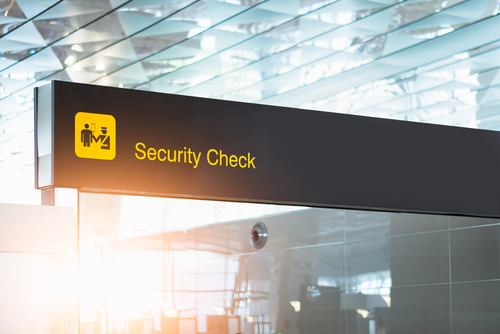
Seeking to advance explosive detection equipment, the Department of Homeland Security (DHS) awarded $1 million to Synthetik Applied Technologies last week to help it develop machine learning training data for airport security.
Such data simulates human travelers and baggage object models to support the algorithms that make machine learning tick. The Austin, Texas-based Synthetik was selected to participate in phase 2 of the DHS SBIR Program, following the successful demonstration of its Synthetic Data Training for Explosive Detection Machine Learning Algorithms. During the upcoming phase, that technology will be further developed to improve detection and reduce false alarm potential.
“Synthetik’s work will enable DHS S&T’s Screening at Speed Program to generate high-fidelity training data for machine learning algorithms virtually instantaneously and with very little cost,” Karl Harris, DHS S&T Program Manager said. “This training data will help us develop faster and more accurate algorithms to improve throughput of passenger bags while protecting the health and safety of Transportation Security Administration (TSA) employees and the traveling public.”
The allure for DHS is a system capable of improving security while minimizing the invasiveness to passengers. Amidst the current COVID-19 pandemic, it has also become more attractive as the Transportation Security Administration (TSA) tries to find ways to reduce exposure and contact between TSA officers and passengers, without losing operational security in the process.
These machine learning algorithms grow through the processing of large amounts of data. Unfortunately, the collection and preparation of said data tends to be an expensive and lengthy process. Synthetic data generation proposes to change this through the quick generation of complete, annotated datasets that also forego the handling of dangerous materials or human-to-human contact.
Phase two of the contract will last 24 months, after which Synthetik — and other awardees — will have received its $1 million. Those funds are meant to facilitate development and demonstration that would allow pursuit of additional, phase three funding. During that phase, those still in the running will pursue funding from private or different governmental sources while proceeding toward technology commercialization.




